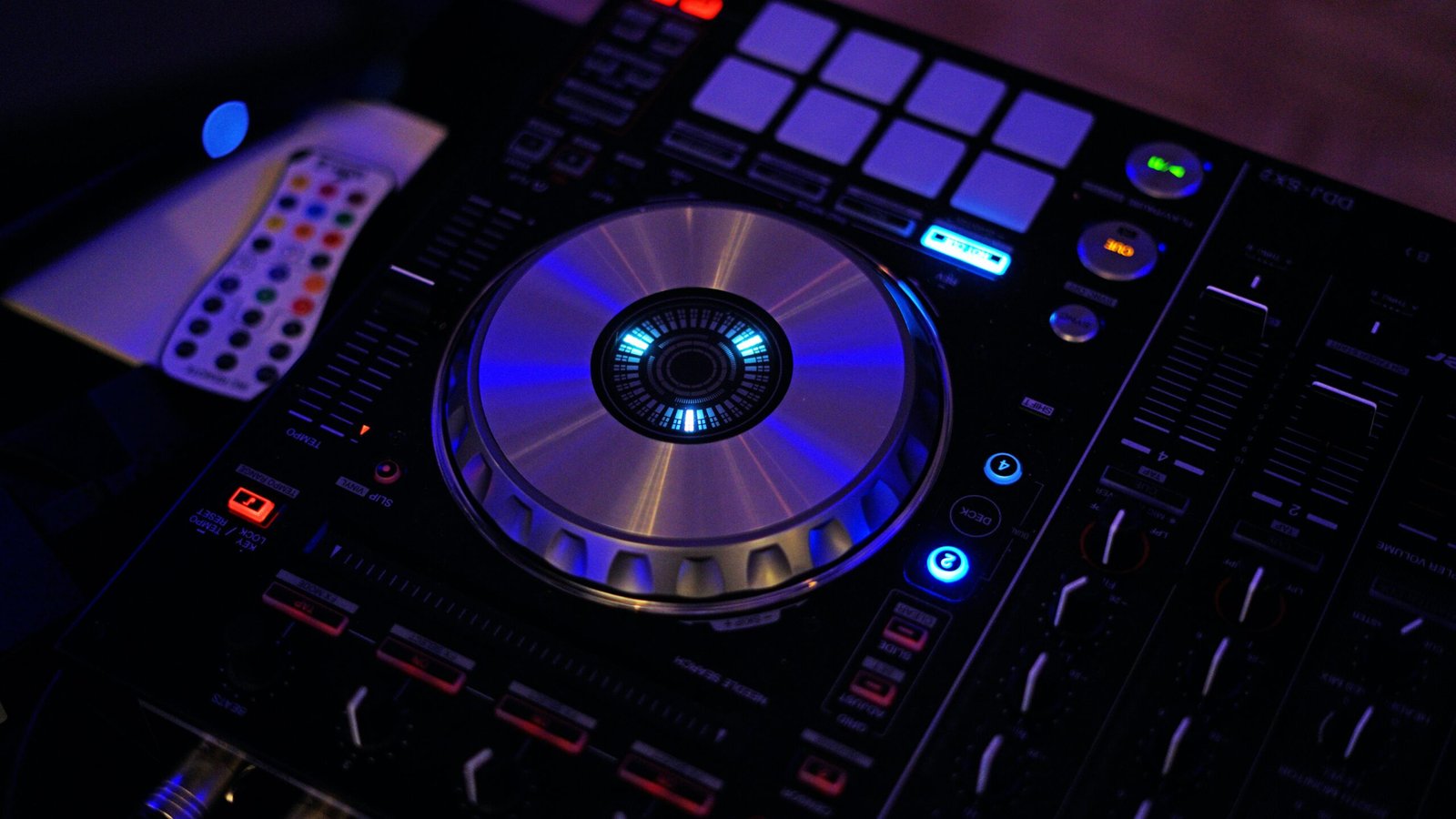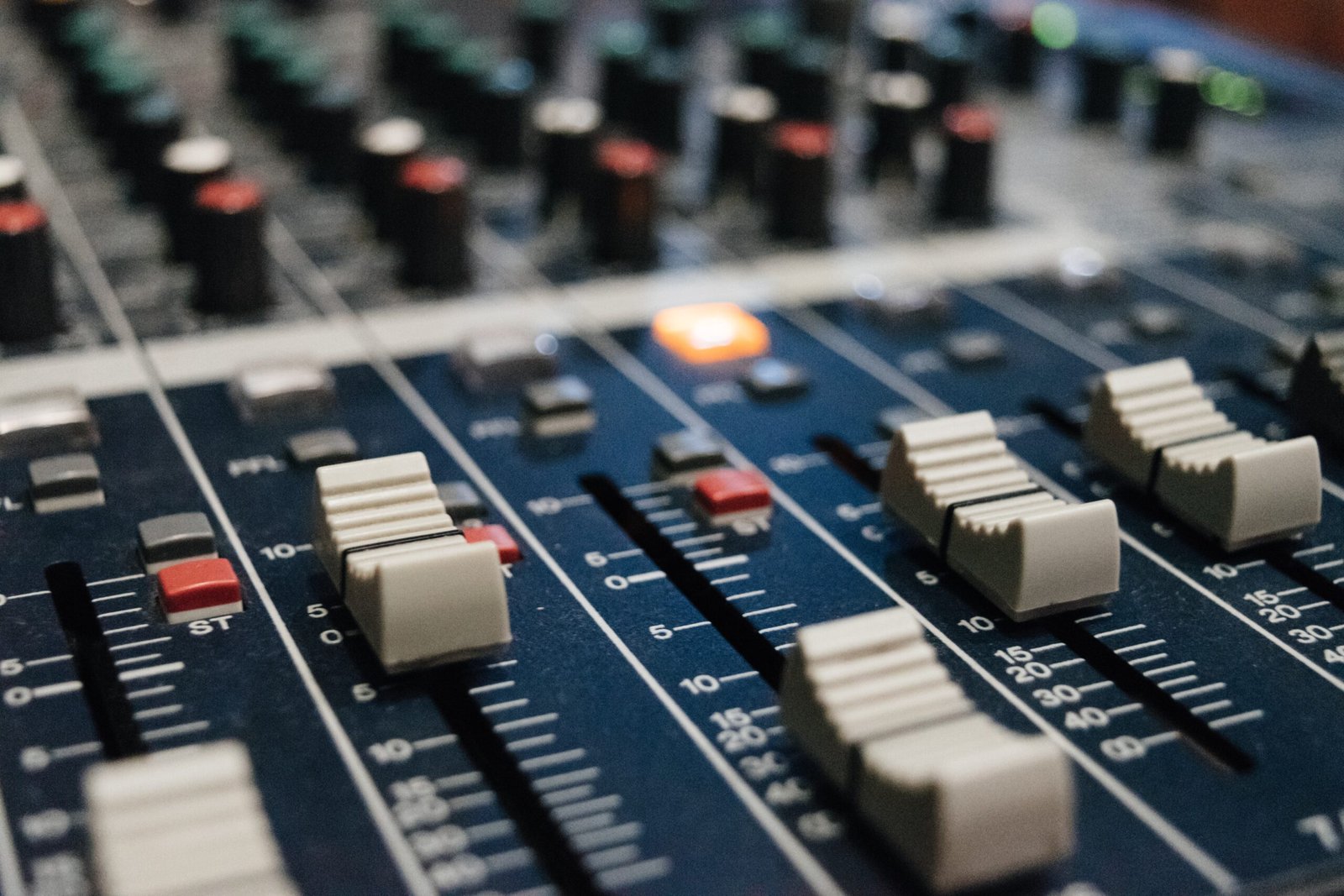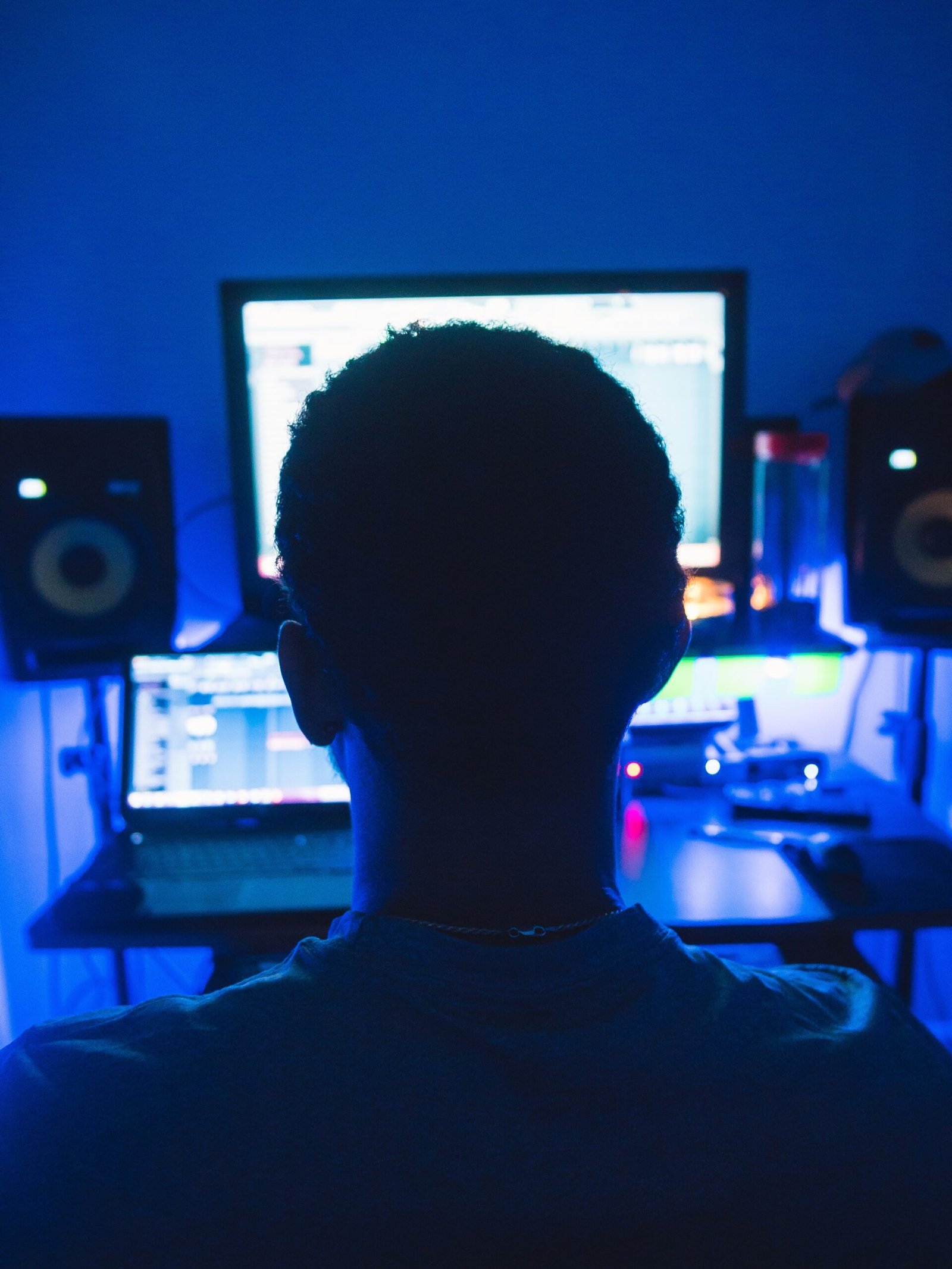While assembling your own music equipment may not be the easiest, starting your own simple studio is a preferable idea because it’s easier to overwhelm yourself by attempting too much at once without taking things at an acceptable pace for your learning curve.
This usually happens with any new hobby; you eventually get discouraged and end up quitting without really giving it a chance. Instead, you can teach yourself to play or produce music without wasting a huge investment and overwhelming yourself with unnecessary gear. Plus, all you really need to set up your own home studio are about 8 or 9 pieces of music equipment, and this will give you radio-worthy tracks that you’ll be proud to produce.
It’s only difficult when it comes to buying the right pieces of music equipment to add to your home studio. Here’s a guide that will let you in on the easiest ways to get the best music equipment and set up your own music studio.
Know Your Needs
Identifying your future and present studio needs before making any purchase will go a long way in ensuring you only invest in the best gear. That’s why you need to ask yourself the important questions first. Start with the type of software your computer can handle and the perfect amp that can provide you with an acceptable range of tone for your type of music. When it comes to musical gear, there is no one-size-fits-all equipment so you need to know exactly what you’re spending your money on. For example, you don’t need a whole 24-track recording interface if you’re just willing to produce and record your tracks at home.
Take As Much Time As You Need
If you don’t spend enough time considering your decisions, you might make unforgettable mistakes that cost you a lot of money. People who have been into music for a long time know where to find good gear for affordable prices. However, if you’re a beginner, you’re more likely to make impulse purchases and risk the quality of the equipment that’s going to stay with you for years. The more time you invest in researching the items you plan on buying, the happier you’ll be with your musical equipment decisions. So take your time looking up the major audio equipment you choose to add to your collection.
Don’t Let Specs Fool You
One of the most important things to remember when shopping for musical equipment is that good-looking specs don’t always mean high-quality music. Even a cheap audio interface can produce a 2-bit/192kHz sample rate, but that doesn’t mean that it will sound as good as high-end gear. That’s why the team at HomeStudioExpert.com suggests trusting your ears instead of following false but impressive-looking specs. You’ll be better off taking recommendations from trusted audio professionals instead of believing the misleading technical nature of most specs out there today.
Don’t Waste All Your Money on One Piece
Most beginners fall into the same mistake of spending the majority of their budget on one or two pieces that are highly recommended by their peers. Sometimes, you may read about a certain piece that famous producers use and get all excited about adding it to your collection no matter how expensive it is. However, it’s generally better to assemble an altogether good system rather than having a mediocre system with only a couple of high-end pieces. This is because the sound you produce depends on the entire system you use, and not on one or two of its components. Think twice before spending all you have on one piece of equipment and consider all the options instead.
Use Studio Monitors
Another common mistake for beginners is using hi-fi speakers during mixing and missing out on the potential improvement they can achieve by investing in studio monitors. You can easily mistake the quality of your music when you test it on hi-fi speakers because these speakers boost high and low frequencies to automatically enhance the music. This means that your music can fall flat on other systems unless you use a studio monitor to test for flat frequencies. Studio monitors will help you listen to your music accurately so that you can ensure it sounds right on any other platform.
Collecting your own studio equipment and starting from scratch may not be very easy in the beginning, but once you know what your music needs and what kind of gear you need to buy, you’ll get it done in no time. You should keep the process simple and take your time in researching every piece you add to your studio. After all, it’s more preferable to acquire your own equipment instead of starting big and getting discouraged at the number of things you need to learn.








